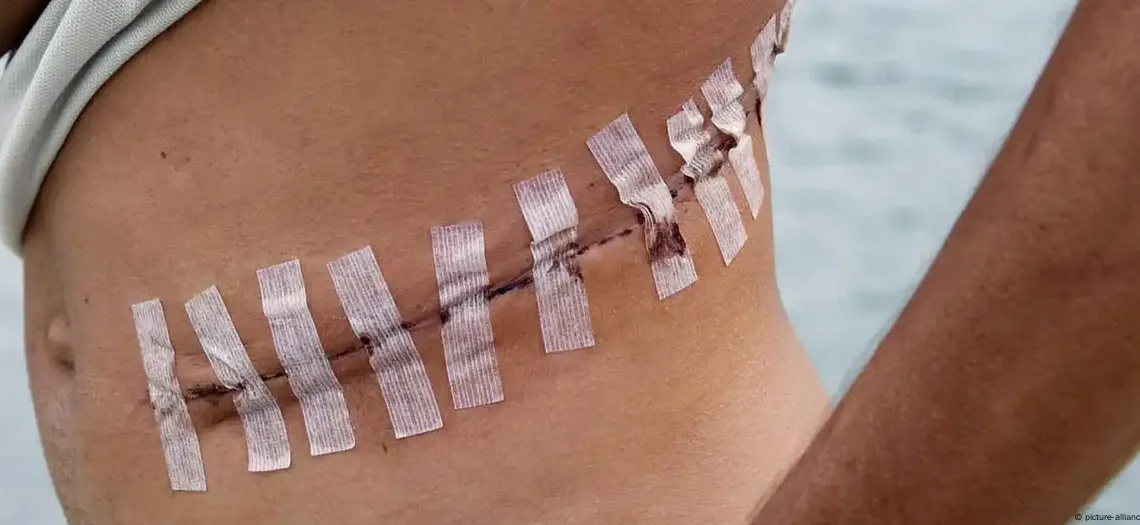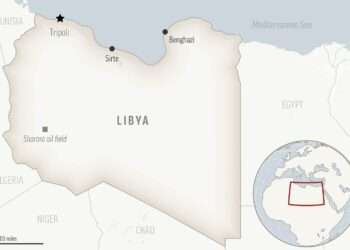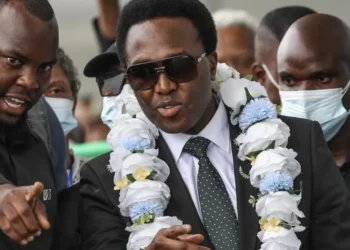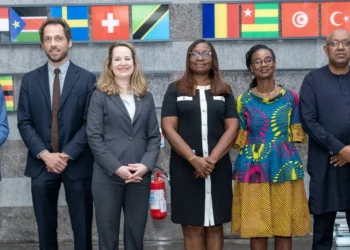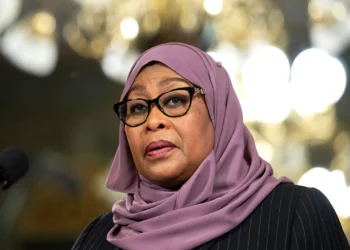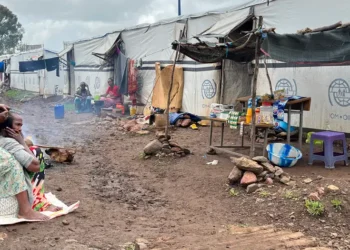The illegal organ trafficking industry in Africa is expanding rapidly, generating over $1 billion annually by preying on the continent’s most vulnerable populations.
A growing demand for organs, combined with a lack of regulatory oversight, has allowed this black-market trade to flourish across several African nations.
The situation has become so dire that Nigerian human rights lawyer Frank Tietie warns, “The rising trade of human organs has reached an epidemic level, yet it is receiving much of public silence.”
He expressed concern that the level of public outcry does not match the severity of the issue, adding, “One would have expected the level of public condemnation against it would have been much higher, but that’s not the case.”
A report from Global Financial Integrity (GFI), a Washington, DC-based think tank, estimates that the illicit trade in human organs generates between $840 million and $1.7 billion annually. While organ donation is a legitimate medical procedure that saves lives, the illegal trafficking industry exploits desperation and poverty for profit.
Tietie explained, “Organ donation is often driven mainly by poverty rather than the noble motivation of trying to save a life.” He added that unscrupulous medical personnel sometimes remove organs from patients without their knowledge, exacerbating the issue.
Willis Okumu, a senior researcher at the Institute for Security Studies, uncovered that not all organ sales are forced. In western Kenya, Okumu found young men willingly selling their kidneys for as much as $6,000 in exchange for quick cash.
Despite the voluntary nature of these transactions, Okumu said it raises ethical concerns, as donors may not fully comprehend the long-term health consequences.
“These young men were not being coerced in any way,” Okumu noted. “They were voluntarily participating in the sale of their kidneys, often unaware of the risks involved.”
However, these donors receive only a fraction of what a kidney is worth on the black market. According to a European Parliament report, recipients can pay upwards of $150,000 for a kidney transplant.
A Growing Crisis Across Africa
Countries like Egypt, Libya, South Africa, Kenya, and Nigeria are among the most affected by illegal organ trafficking. A significant factor driving the trade is the disparity in medical regulations, as laws on transplants and organ donation differ from country to country.
This legal inconsistency, combined with a lack of oversight, has contributed to the rise of what is known as “transplant tourism,” where vulnerable populations supply organs to wealthier recipients.
The United Nations Office on Drugs and Crime (UNODC) has raised concerns that the illicit organ trade funnels organs from poor regions to wealthier nations, further exploiting vulnerable individuals.
Less than 10% of required transplants are performed worldwide, leading some patients to turn to the black market for life-saving organs.
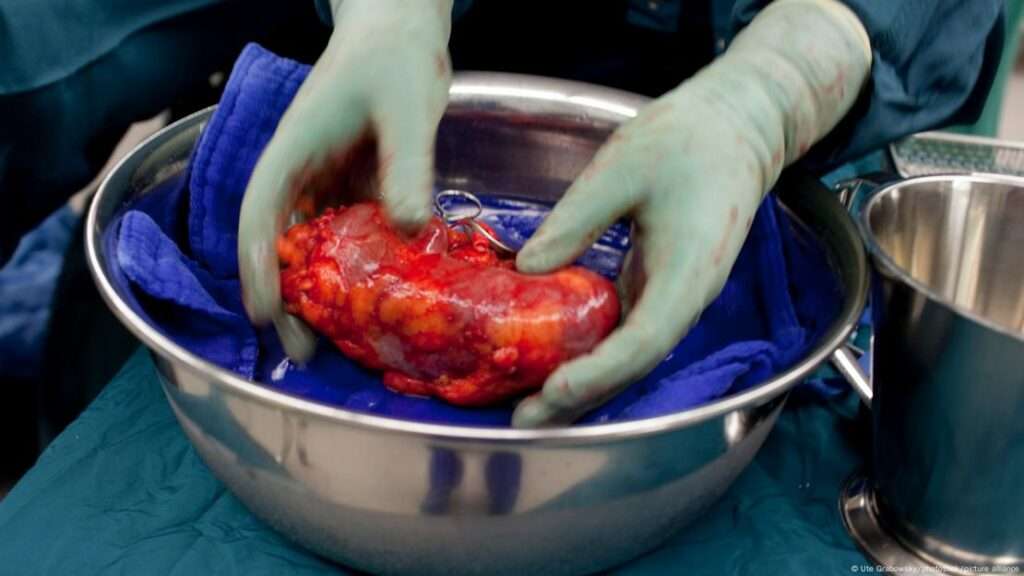
Africa’s shortage of legitimate medical centers capable of performing transplants has worsened the crisis. According to a World Health Organization (WHO) report, there are only 35 legal kidney transplant centers across the entire continent. This shortage, coupled with the high demand, creates the perfect storm for organ traffickers to operate unchecked.
The Sophistication of Organ Trafficking Networks
Organ trafficking is a complex and highly organized criminal enterprise. The illegal trade requires medical expertise to perform the surgeries, as well as networks that connect buyers and sellers while evading law enforcement. It is common for criminal syndicates, medical professionals, and even politicians to be involved in the trade.
Okumu’s research in western Kenya revealed that the illicit organ trade in the region is likely part of an international operation. The young men he interviewed mentioned doctors of Indian origin who did not speak Swahili, pointing to the global nature of the trafficking syndicates.
Tietie also warned that so-called baby factories in Nigeria could become new targets for organ traffickers, linking human trafficking to organ harvesting. He emphasized that local medical centers must take responsibility to ensure they are not complicit in preying on vulnerable populations.
READ ALSO: Termination of Mining Lease; A New Hope for FGR Bogoso Prestea Mines

